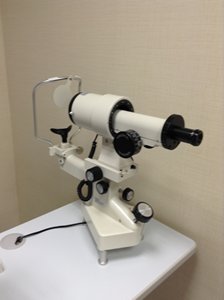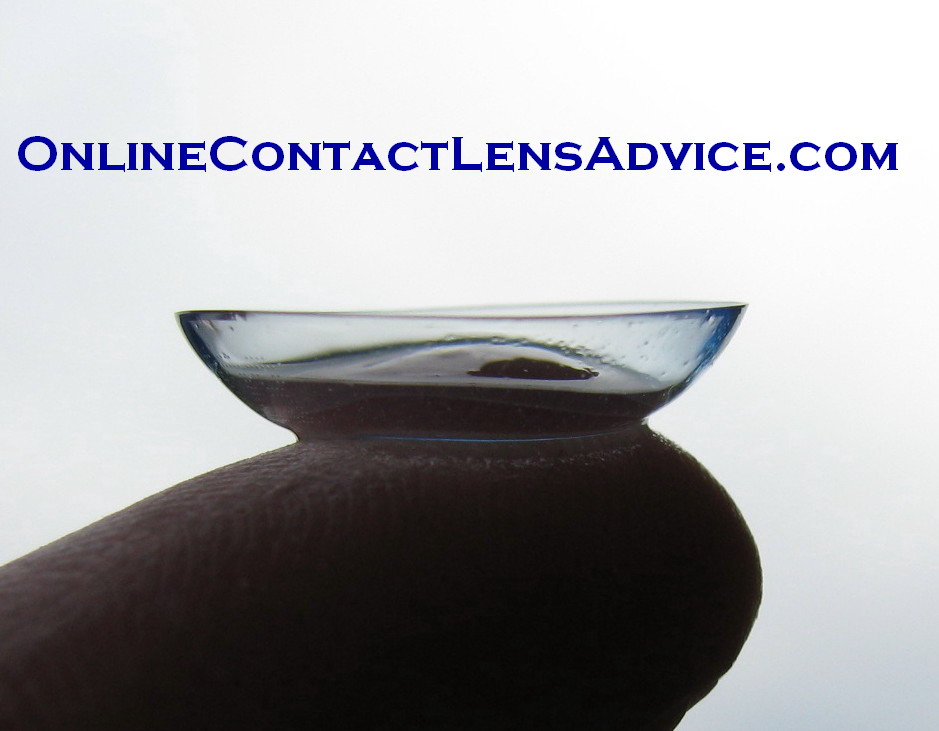- Home
- Ordering Contacts Online
- Contact Lens Fitting
Another Contact Lens Fitting?
But I already wear contact lenses!
Fitting Contacts for Previous Wearers

If you currently wear contact lenses, but want to try something new, whether it is a different brand, bifocal contact lenses, or just a new prescription, you should see your contact lens fitter to be reassessed and have the new contact lens evaluated. This is usually a shorter appointment that your first time, because you do not have to learn how to insert and remove, or how to care for your lenses.
The process is usually shorter, but more troubleshooting may be required, since you as a contact lens wearer now know more about contact lenses, and you also know more about your requirements. You are now fine-tuning your needs.
For example, you may be in your early 40's, and decided against multifocal (or bifocal) contact lenses because when you wear your glasses, you can take them off to read. With contact lenses, that's not so easy. So you may decide to try monovision (described here). Monovision, multifocals, toric contact lenses (for astigmatism) are all more complicated, and may require more than one followup appointment to fine-tune your vision to the best vision you can have.
Typically, if you are trying new contact lenses, but have worn before, the steps involved in your fitting will be:
- An assessment of your eye health on the slit lamp. (To ensure your eyes are still healthy, and to get a baseline)
- Measurements of the cornea if they have not already been taken (ie. if you are new to this practise)
- A discussion of what specifically you want, what your complaints of your old contacts were, why you want to try something new
- You will be given some lenses to insert (if in stock)
- You will be asked to walk around to allow the lenses to settle, and so you can assess your vision
- Visual acuity will be tested; if necessary you will be over-refracted with small lenses to see if your vision can be improved, or if these are the best lenses for you
- An assessment of the fit of the lenses on the slit lamp.
- Based on your responses, you may or may not be given different lenses to try.
- If you find a new lens that you like, and that fits well, you will be asked to try those lenses for a trial period, usually 1-2 weeks.
- At the end of the trial period, you will return for a follow-up evaluation, where the final determination of contact lens parameters should be given to you.*
The contact lens parameters that are given to you should include the following:
- - Contact lens brand
- - power of your contact lenses, including a minimum of sph power; if you have astigmatism correcting contact lenses, it should also include cyl power and axis; if you have multifocal contact lenses it should include an add power
- - base curve and diameter
This information will allow you to purchase your contact lenses wherever you choose, whether it be the same store, another retail optical store, or on the internet.
Going To A New Contact Lens Fitter?
It is also important to note that any time you go to a new location, a new store, or a new optometrist, that you have never seen before, you will have to go through a new fitting. Because contact lenses are medical devices, and are in direct contact with your eyes, a fitter needs to know your history, medical issues related to the eyes, as well as a number of other things that allow them to understand any issues you may have. Even if you are getting an exact duplicate of what you were previously wearing, and depending on the laws of the state or province, you will most likely need to have another fitting. it is not uncommon for a patient to be unaware that there are better contact lenses suited to them!
* different states, provinces, and countries have different legislation as to what is legally required of eye care professionals. In British Columbia, a statement of contact lens parameters is legally required to be given to a patient, whether they request it or not, after the fitting has been finalized.
Return to ORDER CONTACTS ONLINE from Contact Lens Fitting
Search this site:

New! Comments
Have your say about what you just read! Leave me a comment in the box below.